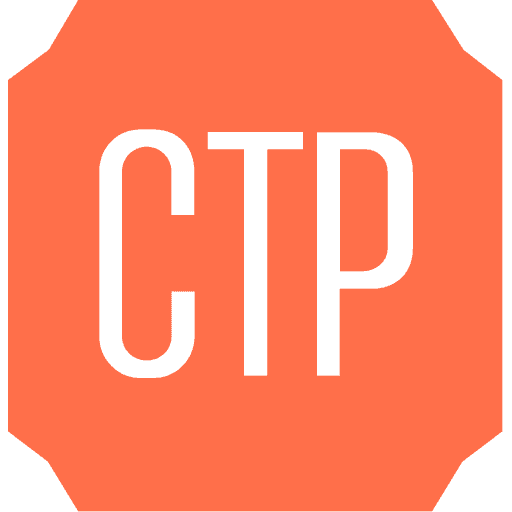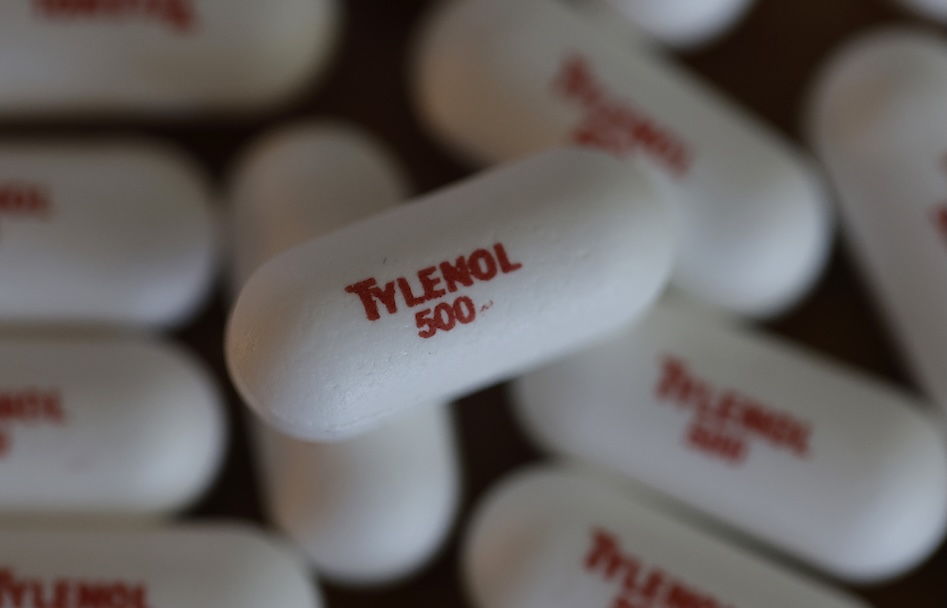When seven people died from cyanide-laced Tylenol capsules in 1982, Johnson & Johnson immediately recalled 31 million bottles, halted production, and pulled all advertising. The $100 million hit was staggering at the time, but the quick action demonstrated its priority of safety over profit, saved the brand and set the standard for crisis response.
That tragedy, and the company’s response, came to mind on Monday when President Donald Trump, without the backing of scientific data, blamed acetaminophen, Tylenol’s active ingredient, for causing autism. He told pregnant women, “Don’t take Tylenol. Don’t take it. Fight like hell not to take it.” The president also suggested women should tough it out if they are sick and have a fever during pregnancy, and counseled mothers not to give their children Tylenol.
It’s hard to overstate the impact of a presidential statement like that. Tylenol is a household name, and acetaminophen is used by more than 50 million Americans every week. The global acetaminophen market is $10.4 billion. But a sudden, high-profile condemnation has the potential to shake consumer trust overnight.
Tylenol’s First Move: Science, not Politics
To its credit, Kenvue, the consumer health company that spun off from Johnson & Johnson and the maker of Tylenol, reacted quickly. Within hours, statements went live across its website and major media outlets. The messaging avoided direct confrontation with the White House. Instead, the company leaned into what matters most in a health scare: facts, science and patient trust.
“We understand the recent media coverage you’re reading may cause concern or lead to questions. We want to make sure you have the answers,” the company said.
The response pointed to credible, independent scientific data showing no proven link between acetaminophen and autism. It cited the broad consensus of medical and public health organizations worldwide, while encouraging patients to consult with their doctors.
In other words: calm, confident and focused on science. Importantly, no trace of defensiveness or political jousting.
A Well-Oiled Crisis Machine
Large, global brands don’t stumble into a crisis unprepared. Tylenol’s parent companies, first Johnson & Johnson and now Kenvue, have decades of experience responding to moments just like this. They know hesitation or silence can be fatal. They also know picking a fight with the president would only feed headlines and could invite government action that directly targets their business. Instead, they’re sticking to the proven playbook: put the science front and center, reassure consumers and make doctors the trusted voice.
In a crisis, the public expects the company in question to defend itself. However, that defense takes on much greater credibility when respected, independent voices make your case. We all know that you take recommendations from people you trust over strangers. For pregnant women and moms, that includes their ObGyn and pediatrician. You can be sure Tylenol is in direct communication with those influential voices.
If history is a guide, what comes next is equally predictable. Expect to see a massive advertising and communications push in the coming days: multichannel campaigns reminding consumers of Tylenol’s safety record, physician endorsements, moms telling positive stories and a steady stream of science-backed content across traditional and digital platforms. Done right, they will have independent voices, not brand spokespeople, leading the charge. Social media monitoring and rapid-response corrections will play a huge role in shaping the narrative as misinformation spreads. So will public affairs and lobbying efforts.
Why This Matters Beyond Tylenol
For communicators, this is another reminder that no brand, no matter how trusted, is immune to crisis. Tylenol’s name has been synonymous with safe, reliable pain relief for decades. But even it can be rattled in an instant by a single remark from a powerful platform.
The real lesson isn’t just about what Kenvue says in the first 24 hours. It’s how it sustains trust in the weeks that follow. By leaning on its long history of transparency, scientific credibility, a seasoned communications team and relationships with the medical community, Tylenol has the tools to weather the storm.
Other brands in healthcare and beyond should pay attention. With a president and a health secretary able to command attention at a moment’s notice, the traditional rules of engagement between government and media are being rewritten before our eyes.
Originally published in PR Week.

